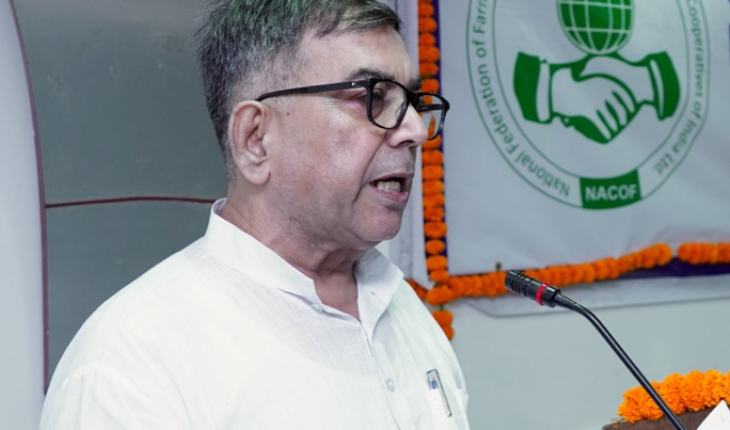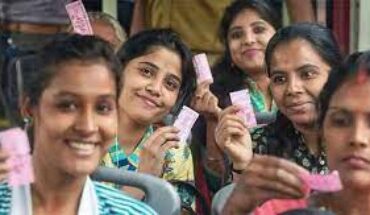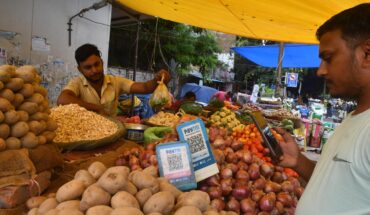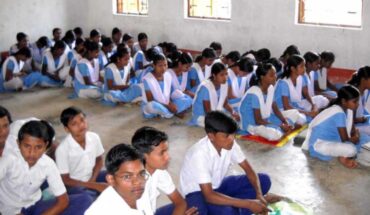A Bold Initiative Finally Materialises under Cooperative Umbrella
A.N. Tiwari, a well-known journalist known for his insight in the country’s cooperative movement, interviews Ram Iqbal Singh, founder and Working Chairman of the National Federation of Farmers’ Procurement, Processing and Retailing Cooperatives of India (NACOF) that how this organization has triggered off the transformation of the rural economy. Excerpts:
Is it not a little intriguing that you seldom come before the media platforms to talk about your organization’s successes and its future plans?
Singh: Let us skip this issue for a while, the job of seeking presence in the media should be left to the active politicians. Our agenda transcends political fault lines; for the past more than decade, we have been trying to establish and provide the adequate linkages between the producers and the markets, more specifically the small and medium farmers.
How do your organization really prevent exodus of the work forces from the remote areas to the industrial hubs; thus, making the local agriculture and even cottage industries unsustainable?
Singh: It cannot be denied that each geography has its own challenges and issues, but being affiliated to the cooperative movement since 1975, almost for half-a-century, we have come to realize that each producer needs a market, whether it is an agriculture produce or anything manufactured by machine. The industries have assured access to technology, capital and the market. On the other hand, we farmers have been exposed to the apathy of the colonial power. The transformation really began during the post sixties, when the country’s leadership continued to be humiliated for begging for food grains from the USA and Australia, and it decided to augment the process of the green revolution.
Is it not true that the impact of the green revolution did not cover the millions of farmers across the country?
Singh: With the key issue to tackle the issue of hunger more or less tackled for a while, but the quality of food, especially the nourishing food for the lactating mothers, growing-up children and the rest of the younger generations could not be accessed only by focusing on the food grain production. The mechanization of agriculture also adversely affected the key-role of the cattle in the farming sector. In other words, the country has to undertake a massive policy correction in the context of farming. For this, the concept of the cooperatives in catering the needs of this vital sector became necessary.
Do you think the cooperative movements could be made successful in the states like UP, Uttarakhand, Odisha or Madhya Pradesh?
Singh: I cannot deny that in most of the states, except in Gujarat and Maharashtra, the cooperative societies could not play much vital role. However, we believe that if there are difficulties, solutions too could be found amidst the challenges. The new strategies comprising an integrated approach i.e. agriculture, horticulture and animal husbandry accompanied by giving the agri-business the status of industry is quietly transforming this sector.
What exactly is the role of your organization in the cooperative sector?
Singh: The NACOF, being a multi-state cooperative federation could establish branches or places of business anywhere in the country in accordance with the MSCS Act 2002. The commercial operations of the NACOF are undertaken on all India levels through its headquarters in New Delhi, its branch offices across the country.






